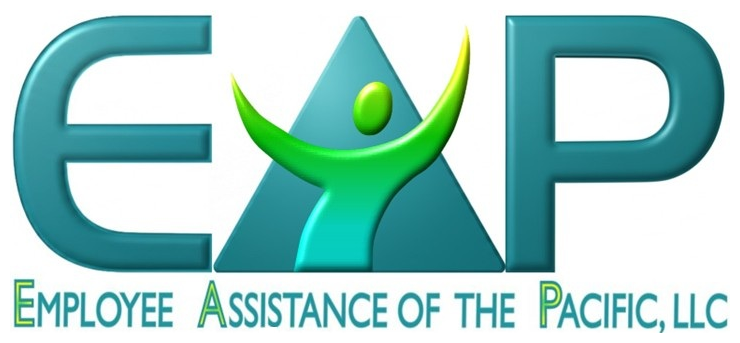After a frightening situation, overwhelming danger or a sudden loss of security, you may experience a stress reaction.
Even a perceived or imagined threat of violence or danger can be as emotionally disturbing as a real one. When we experience an event as life threatening, it shatters our basic assumptions about ourselves and the world we live in.
We all handle traumatic events differently. It is not unusual to feel hyper-alert or jumpy, to have difficulty going to sleep, or to feel any number of physical or emotional symptoms.
The following suggestions are designed to help you manage reactions and feelings.
- Talk to someone. Your friends, family and co-workers need to know what you’re going through. Don't shut them out or underestimate their ability to understand life's traumas. Share what you saw, heard, touched, smelled, etc. It will help you deal with what affected you the most. Involve the important people in your life in ways they can support you.
- Use your community. Call your minister, physician, counselor, the local crisis line, Employee Assistance Program, etc.
- Take care of yourself. Find time to exercise and eat well. Avoid drugs and alcohol. Ask for assistance from family and friends, delegating simple daily tasks that may feel overpowering right now.
If you are still experiencing tension, poor concentration, the need for longer lunch breaks, tardiness, sleeplessness, nightmares, irritability, crying spells, etc., you may need to allow yourself more time to deal with the tragic event. Keep in mind that your personality and values, social support, and previous life experiences will all affect the resolution of a traumatic event.
Reactions fade over time. However, new events and anniversaries may cause them to resurface or bring up new worries or feelings. If this happens and you find it hard to concentrate on work or maintain relationships with others, please consider seeking professional counseling.
Your Employee Assistance Program (EAP) is available for further help. Counseling sessions are completely confidential and are at no charge to you. You can reach EAP by calling (808) 597-8222.


